Angwan Sarki, a community in the belly of Orozo – an outskirt of Abuja – is in the pouch of darkness.
The community which lacks every shade of a “living ease” mocks the vulgarity and opulence of the federal capital territory (FCT). A visible irritation – the road within the forlorn place – is snaky, jagged and “troublesome”.
Despite being within the orbit of the Abuja Municipal Area Council (AMAC), the place is anything but municipal. Orozo shares an umbilical cord with Jikwoyi and Karshi – places where civil servants, who have a meager income, are sentenced to buy property.
TheCable took a trip to Angwan Sarki following complaints by residents who have endured nights – for three months – without electricity. Although, there is no serious commercial activity in the community – the place holds thousands of people – whose power supply has been cut off by the sheer machination of the Abuja Electricity Distribution Company (AEDC).
Advertisement
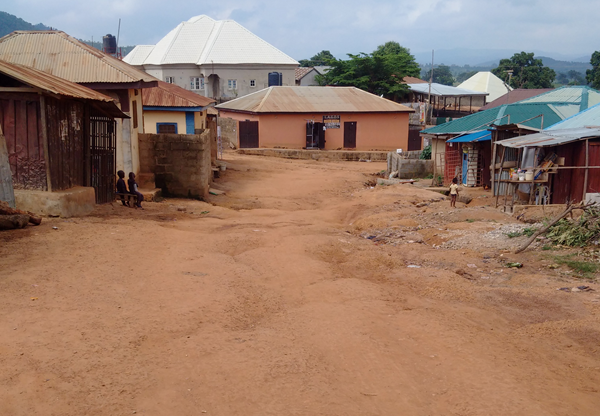
The offence of the residents is their refusal to continue to bear the burden of charges from the estimated billing plan, which is an indiscriminate billing system for unmetered electricity consumers who usually pay more for what they consume or not consume.
According to a 2016 metering statistics released by the Nigeria Electricity Regulatory Commission (NERC), 2.9 million verified electricity consumers out of six million do not have meters – a far cry from reality. There are 700,000 verified electricity consumers in the FCT, Nasarawa, Niger, and Kogi – a figure given to TheCable by AEDC. A large mass of this number is unmetered.
The estimated billing methodology has been criticised by Nigerians, but despite promises of making meters available to electricity consumers, DisCos have maintained the status quo because it benefits them.
Advertisement
HOW DARKNESS FELL ON ANGWAN SARKI
Musa Adogo, village head of Orozo, nestles in red-cotton chair and flanked by guests at his palace. He is giddy when I broach the subject of my “intrusion” with him. He believes it is a way to reach the authorities and to eventually “light up” Angwan Sarki again. He explains that some officials of AEDC poured into the community one day (in April) and cut off its power source for failing to pay electricity charges, which he said were high and indiscriminate.
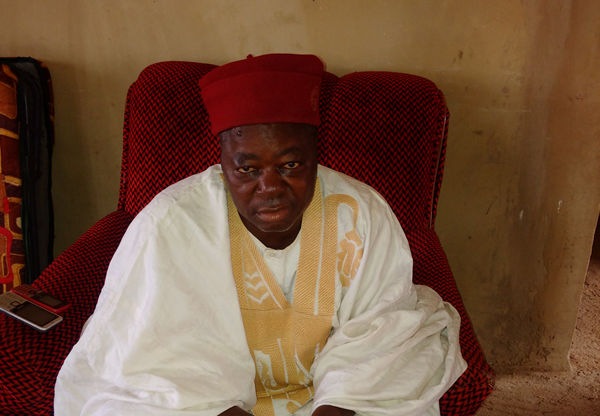
“We know some residents owe electricity charges, that was why we had a meeting with (AEDC) officials and we asked residents to pay at least 30 percent of their bills so they could have power. But this agreement was not honoured. After three weeks they (AEDC) came to cut off the power system. They bring bills for electricity we did not consume. How is this done? There is no light in Angwan Sarki for three months, but if you go to other parts of Orozo there is light. The people are saying they do not want high bills for electricity they did not consume anymore.
“They promised us meters but we have not seen any. I believe metering this community will solve this problem. Though some residents have meters, they are now in blackout because AEDC cut them off as well.
Advertisement
“The allegation that officials of (AEDC) were beaten by residents is false. That has never happened. One person has not been arrested. I have asked them to produce those officials that were beaten, but they have not done so.”
Adogo adds he is a metered electricity consumer, but that he has been forced to endure nights without power for three months.
RESIDENTS GROAN
Weary residents kick into an effusion of lamentation as they speak with TheCable. Hanson Akanemo, a civil servant and president of Angwan Sarki landlords, says electricity has been a throttling problem since he moved into the community.
Advertisement
“I came into this community 10 years ago. And the issue we have been having is that of power. Some people are bent on sabotaging the effort of the government. We the residents have been paying for darkness,” he says.
“The problem here is that power officials (AEDC) come here and cut off the ‘light’, and expect us to pay. That has been the problem. You have seen the injustice in this community. You are a voice to us. We are in darkness. We are not asking for too much.”
Advertisement
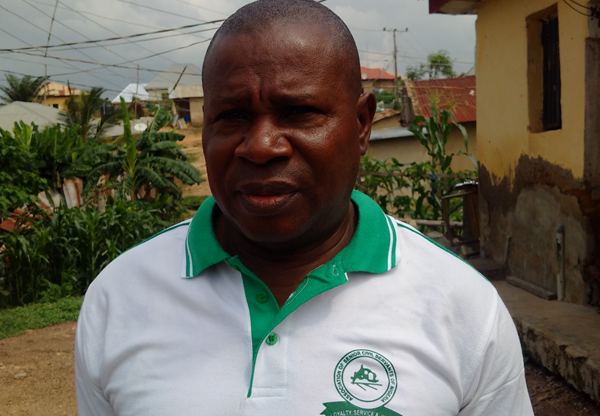
Shedrach Yusuf, a resident, tells TheCable he has been paying his bills, even though they are high. He says the problem is that there is usually no electricity.
“I do not have meter. I am under the estimated billing plan, and I pay N8,000 every month. What appliances do I have? TV, fan and bulbs,” he says.
Advertisement
“I pay my bills, but the problem is that there is no ‘light’. I would like to have a prepaid meter. We have been having meetings with them (AEDC) and they promised to give us meters, but that has not happened. They (AEDC) say we should pay N45,000 each.”
Nelson Adeola, another resident, says the electricity problem in the community started since AEDC took responsibility of power distribution in the FCT.
Advertisement
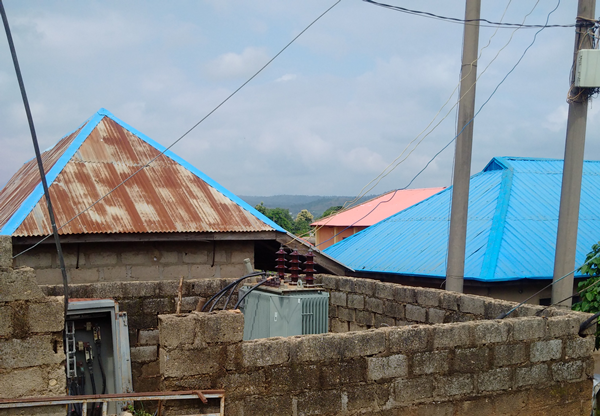
“When I came here years ago there was light constantly, but since the system was sold to this people (AEDC) it took a turn for the worse,” he quips.
“The problem is that sometimes there is no light for three months but they still bring bills for electricity we did not consume.”
Eka Ekanemo, a civil servant, looks molten as she expressed her anguish over the “light predicament”. She says AEDC took a sweeping action without considering the plight of residents who pay their electricity bills.
“The major problem here is ‘light’. They (AEDC) did the same thing in January. They came and removed the fuse of our transformer. The problem is that they bring bills of N5,000 for people that use only bulbs. And there is no light. People are tired,” she says.
“Instead of them to disconnect the power source of only those who have not paid their electricity bills, they removed the fuse of the transformer supplying light to the community. So, those who have prepaid meters and who pay their bills are affected. We have complained, but nothing has changed.”
AEDC: COMMUNITY PUNISHED WITH DARKNESS BECAUSE THEY WERE HARASSING US
TheCable took its “quarry” to AEDC which admitted that it sent Angwan Sarki into a cul de sac, but added that it was because residents of the community were harassing its staff.
Ahmed Shekarau is the head of public relations and media of the DisCo. He says the power supply of the community was disconnected for the safety of its staff. However, he adds that plans to reconnect it are underway.
“From the report we got from the field, they were not allowing our staff to deliver bills to them. Our staff made frantic efforts to go in there to collect our revenues… they apparently feared that some of them will be disconnected…. And they harassed our staff. For the safety of our staff we decided to put them out of supply so that we will now sit down with them and discuss the possibility of working a way out,” he says.
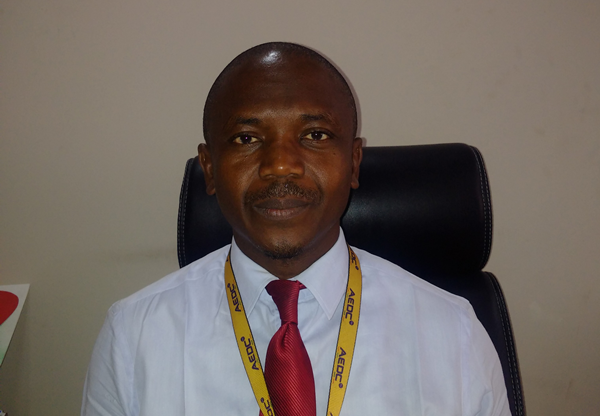
“As I speak with you now I am confident to report to you that the community leader has reached out to our area office, and by tomorrow (July 13) our area manager is going there with his staff to sit with the members of the community to agree on a way out, and before he leaves there they will be reconnected to power supply.
“Let me also say, what they are owing is a little below N1m, but he (area manager) has offered that even if they pay N150,000 they will be reconnected to source.”
On the allegation that AEDC staff were demanding N45,000 from the residents for the installation of meters, Shekarau says he cannot entirely refute the claim. But he insists that meter is free.
“Meter is free of charge. I want to advice that anybody who asks for money for the installation of meters; please give us his name and staff number. We do not want to say that it is not true because we are all Nigerians. I want to emphasise that meter is free,” he says.
“What we are doing now is to identify who are customers so as to know which meters to install.”
TheCable called Akanemo, president of the community landlords, to confirm if power had been restored on July 13 – as promised by AEDC. But he said officials of the DisCo told him they were working on it. However, he confirmed that there was a meeting between AEDC and the village head of the community on the day.
NERC DIRECTIVE ON ESTIMATED BILLING
The intervention of NERC in the praxis of the exploitative estimated billing methodology accents the protest of many Nigerians against the system as genuine.
In June, the regulatory body directed maximum demand (commercial and industrial) electricity consumers who are on the estimated billing plan to stop paying bills. It also directed DisCos to ensure that they all metered.
“Any MD customer that was not metered by 1 March 2017 shall not pay any electricity bill presented by a distribution company on the basis of estimated billing methodology and these customers are advised to report this to the commission,” it had said.
“No distribution company shall disconnect any MD customer that was not metered by 1 March 2017 on the basis of the customer’s refusal to pay a bill issued after the compliance deadline on the basis of estimated billing methodology.”
The directive was celebrated, but it soon became clear that residential electricity consumers were not factored in.
There is currently a five-year plan for the metering of all electricity consumers, but until that is done; Nigerians are mere cash cows for electricity distribution companies.
2 comments

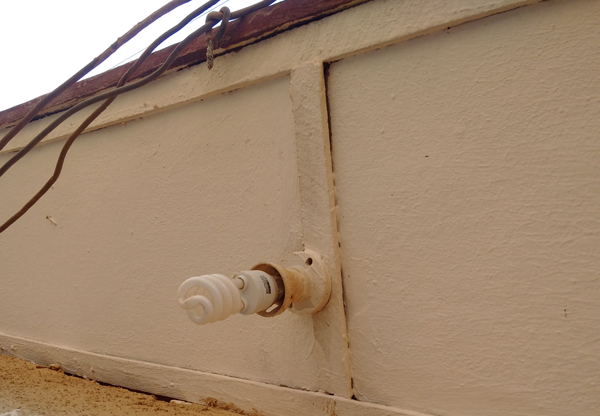
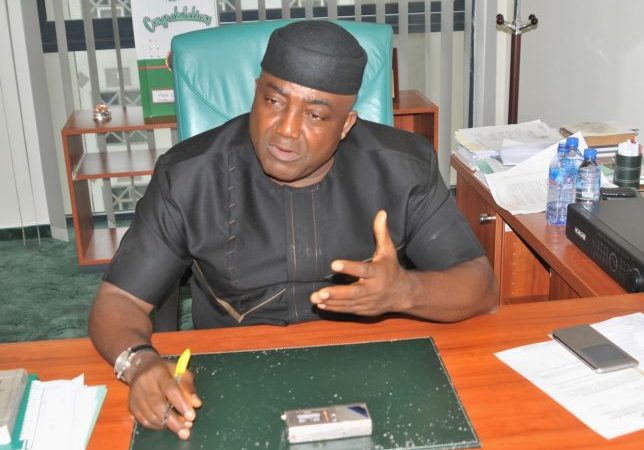
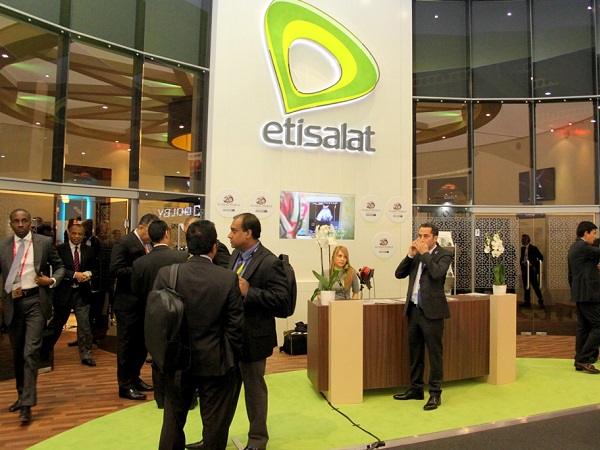
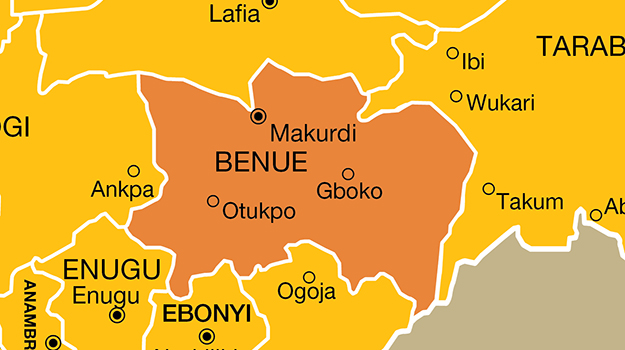
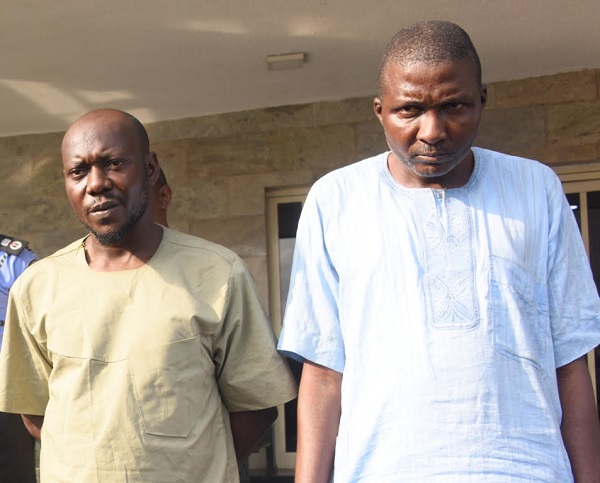

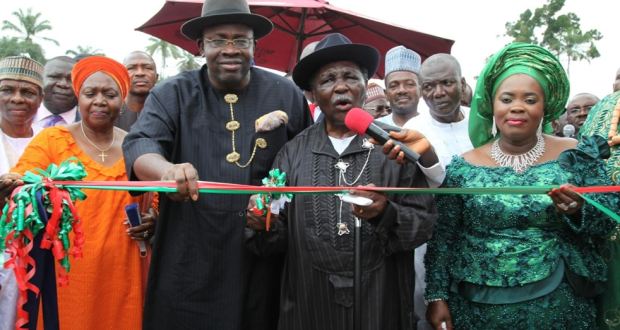
Your reportage is far-reaching, I believe the AEDC is the sole saboteur of the government thrust in the power sector, the Minister of power and relevant Agencies of government overseeing the activities of these DISCOs, especially the Abuja Electricity Distribution Company must stop treating complaints against the power companies with levity, government must be proactive to tackle this mess, Thanks CableNews
Your comment AEDC is yet to restore light back in the community as at 15th july. Thank you the cable news u are d best